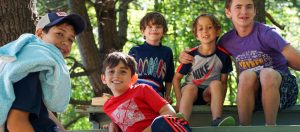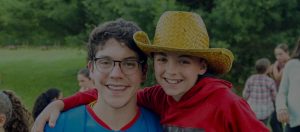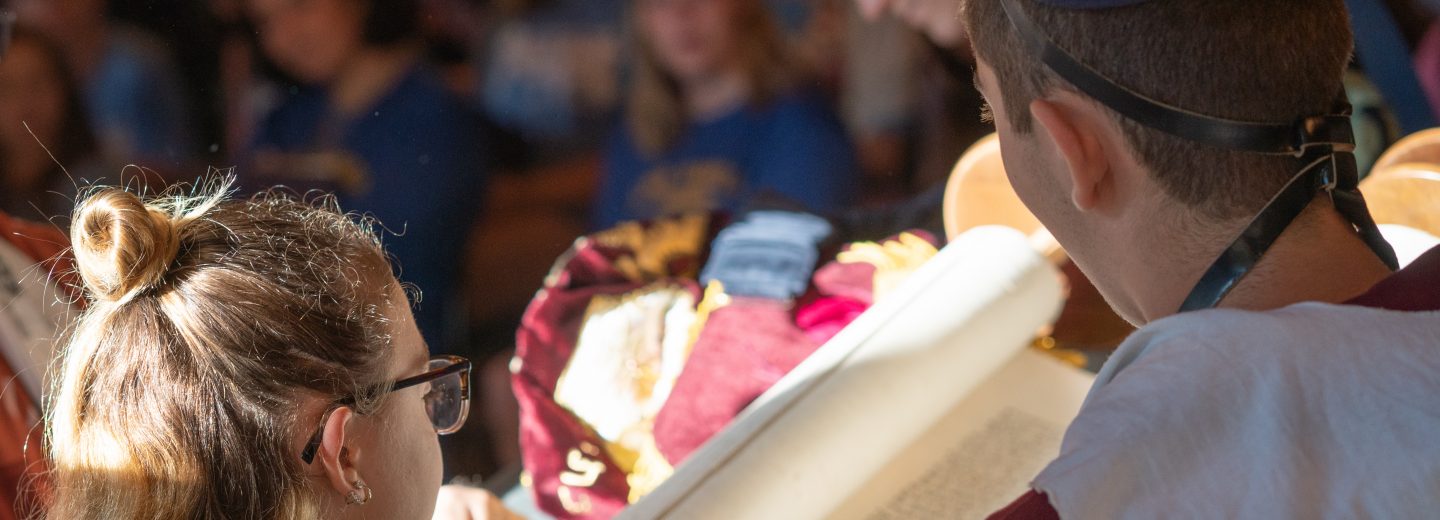Shabbat Shalom, Machaneh Yavneh.
This week’s parsha is Parshat Ekev. As I sat down to read the parsha, I was shocked at how many connections can be made between the parsha and camp.
The parsha is a continuation of Moshe’s final speech to Bnei Yisrael. Part of the parsha is to hype up Bnei Yisrael, like the Boker Tov videos of Yavneh Sheli. Part of the parsha is to remind them that they are not getting into Eretz Yisrael simply because they are so awesome. After all they have made a number of mistakes along the way. I like to think about this as a mindfulness moment, or a chance to remember to be humble. Indeed, Bnei Yisrael are getting into the land of Israel, on the merits of those who came before them. This is perhaps the greatest Parsha to Yavneh connection. So much of what we all love about camp, has to do with what came before us, the masoret. We want to repeat them. We want to be part of them. And we want to create new ones for others to emulate.
Towards the end of the parsha, a few things are mentioned that bring each one of us back to camp, back to Northwood and back to being together in person. Moshe says that if we observe G-d’s commandments, it will cause G-d to supply plenty of rainfall and harvest. I immediately picture chanichim playing football in the rain, jumping in puddles, washing their hair in the storm, and just listening to the rain as it falls on the wooden roof of the tzrif. Moshe also gives the commandments for tefillah. This Dvar is usually delivered during Musaf, the most musical, spiritual, community building tefillah at Yavneh. Moshe also gives the commandments for Birkat Hamazon. Trying to control the ruach of Birkat on Shabbat is probably the most joyous impossibility of my week. And lastly, Moshe commands us
וְלִמַּדְתֶּ֥ם אֹתָ֛ם אֶת־בְּנֵיכֶ֖ם לְדַבֵּ֣ר בָּ֑ם בְּשִׁבְתְּךָ֤ בְּבֵיתֶ֨ךָ֙ וּבְלֶכְתְּךָ֣ בַדֶּ֔רֶךְ וּבְשָׁכְבְּךָ֖ וּבְקוּמֶֽךָ
to teach these commandments to our children. This is, after all, what Yavneh is all about.
Shabbat Shalom,
Lisa Rubins, Assistant Director




